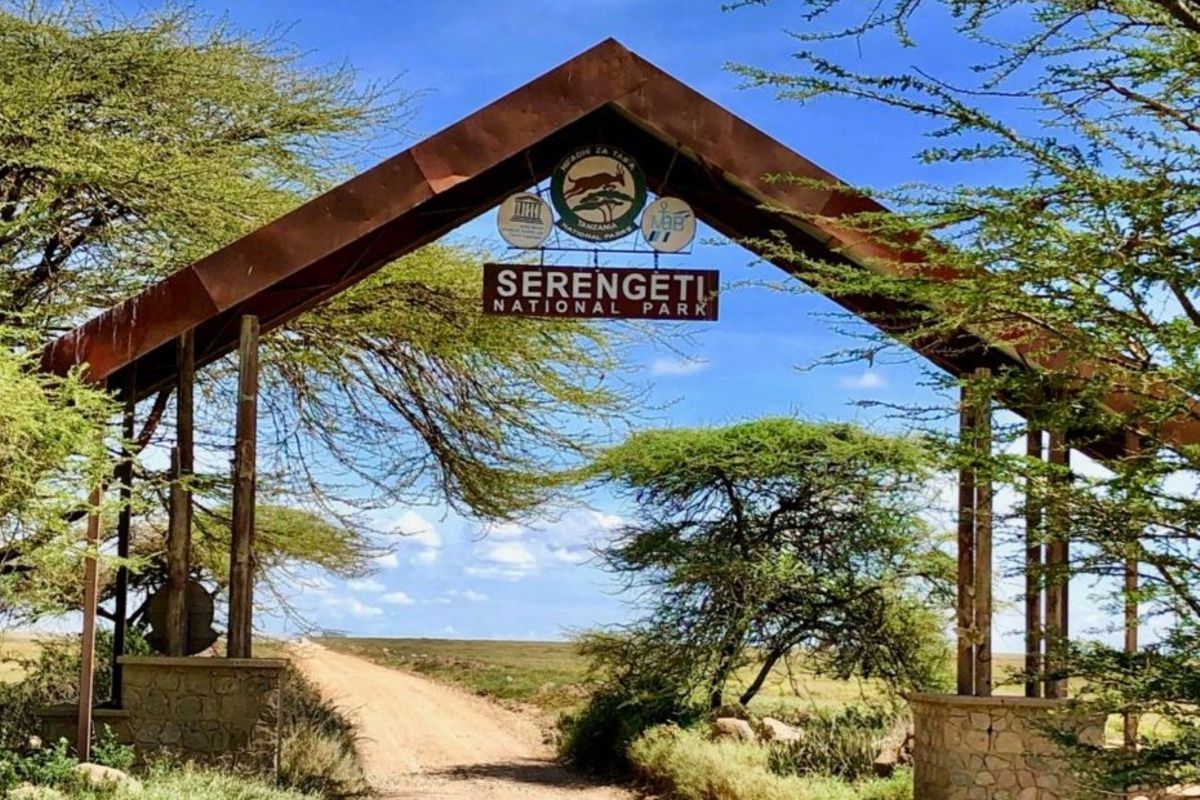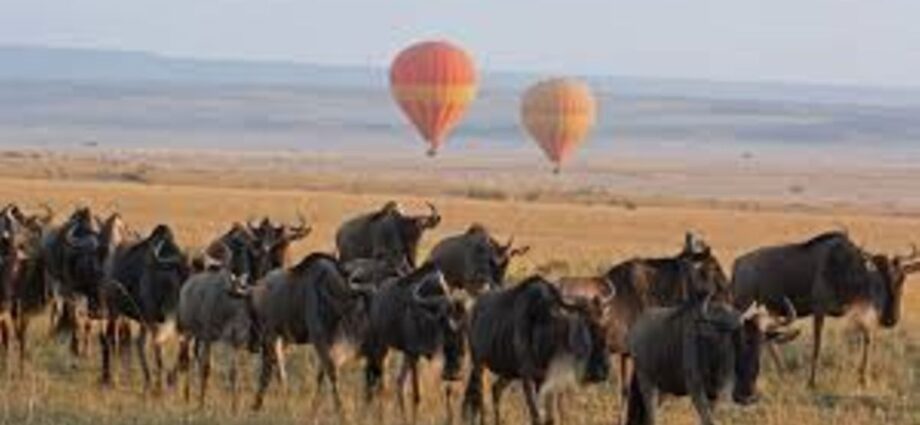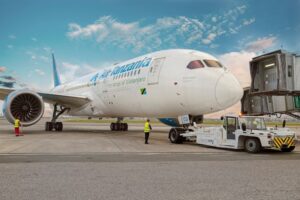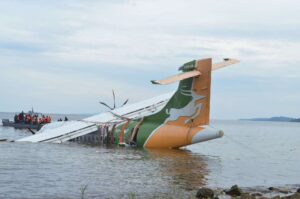
Dar es Salaam. A new venture spearheaded by a consortium of American investors, is planning to seek local funding through capital markets to build a five-star hotel near the Serengeti National Park.
The hotel will be built at Robanda Village, adjacent to the Fort Ikoma Gate of the iconic Serengeti, according to a statement issued by the company named Maendeleo Hospitality Ventures (MHV).
The company said it is now preparing to raise the funding through an initial public offering (IPO) which will have to go through regulatory procedures.
“Our vision is to redefine hospitality in Tanzania through luxury hotels that celebrate our cultural heritage and stunning landscapes. The Serengeti, known for its extraordinary wildlife and the iconic great migration, marks the perfect launch pad for our journey,” said the chairman of MHV, Mr Rishen Patel.
The firm said it’s now engaging Core Securities Limited – a licensed member of the Dar es Salaam Stock Exchange – to guide it for the IPO.
The plan is to list 31 percent of shares specifically for Tanzanian investors, with three percent allocated to local communities and an additional two percent for local staff, according to the company statement.
“The timing is perfect for launching a public hospitality company,” Mr Patel said.
“We are ready to meet the growing demand for high-quality accommodations that uphold international standards. Our flagship hotel in the Serengeti is just the beginning, with future projects planned for Zanzibar, Ngorongoro, and Kilimanjaro, aimed at attracting discerning travellers from around the globe,” he added.
Core Securities Ltd chief executive officer, Mr George Fumbuka, confirmed the company’s role in facilitating the IPO for MHV.
He announced that the company is in advanced discussions to establish an advisory team to navigate the necessary regulatory approvals, aiming for the IPO launch within the next month.
The ambitious timeline aligns with the MHV’s goal to inaugurate its luxury hotel by July 2025.
“We are proud to be involved in such a remarkable project, backed by the investor’s international credentials and business expertise. We congratulate MHV for making the right decision, as they are actively empowering a broad segment of Tanzanians through widespread ownership of shares on the Dar es Salaam Stock Exchange,” said Mr Fumbuka.
Serengeti is one of Tanzania’s most visited destinations in northern Tanzania. The park is renowned as the arena for the world’s greatest mammal migration.
The new hotel seeks to not only bolster Tanzania’s reputation as a top-tier travel destination but also stimulate the local economy.
Preliminary statistics for August 2024 indicate an ambitious uptick to over two million international visitors to Tanzania and about $3.5 billion in economic contributions.
The trend underscores effective governmental initiatives designed to improve infrastructure and promote sustainable tourism practices.














